Censor board bans Qavi Khan-starrer I'll Meet You There, says filmmaker Iram Parveen Bilal
Pakistani-American filmmaker Iram Parveen Bilal has said that her film I’ll Meet You There has been banned by Pakistan’s federal censor board for a “negative image of Muslims”.
I’ll Meet You There is the story of a Pakistani-American family living in Chicago and stars Faran Tahir, Muhammed Qavi Khan and Nikita Tewani. The film has been written and directed by Bilal. It was nominated for the Narrative Feature Grand Jury Award at the South by Southwest film festival (SXSW) in 2020, but was delayed due to the pandemic. The SXSW is an annual conglomeration of film, interactive media, music festivals and conferences that takes place annually in Austin, Texas, United States. Images has reached out to Bilal for a comment.
In a statement to Variety, Bilal shed light on the censor board's decision. "My latest film, I’ll Meet You There was banned by the Pakistan federal censor board a week ahead of our intended premiere," she said. "No cuts suggested, no dialogue with the film-making team, just straight up...banned. This is a film that has already had a tumultuous journey in the wake of the lockdown-induced cancellation of its SXSW 2020 competition premiere. And then, this. Another highly anticipated premiere was cancelled within a week of its due date. But this one feels more personal and painful in a deeper way."
Bilal said the censor board made the decision on the grounds of the film portraying a “negative image of Muslims”. "A film that was made with blood, sweat and tears by a Muslim, financed by Muslims and made in the face of a post 9/11 world and a Trump presidency, a film whose very purpose was to combat Islamophobia and to create a positive portrayal of Muslims. A film already released abroad and celebrated widely by the Muslim Pakistani diaspora and seen as a needed and humanised representation of our people. How could that intention be reframed so oppositely and so negatively?" she asked.
For Bilal, losing her Pakistani audience is painful. "In the grief of losing our potential homeland audiences, I’ve been grappling about who exactly is the audience of my generation of independent film-makers, daring to make authentic and brave stories, garnering no infrastructural support, struggling for years to finance and make films and then finally facing brutal censorship and if they are lucky, mafia-esque distribution terms in various countries? Who is really watching our films? Who are we taking on these monumental fights for?" she asked the publication.
She said there isn't "just one notion of what Pakistan and Pakistani values are". "When we ask the diaspora to contribute and donate, when we even care to enable them to vote in elections, then we should also include their troubles, identity struggles and issues as 'Pakistani'. Let’s please end the elitism that a nation or religion can only belong to a select few. Such fearful silencing is not the way forward for a country that is vibrantly developing in population, promise and identity. We as artists have a responsibility to showcase and provoke thought, to inspire and engage with a society that is equally provoking and expanding," she said.
The film's executive producer Abid Aziz Merchant took to social media to share his thoughts on the ban. "Prime Minister of Pakistan Imran Khan said the world values original content and not imitation, as he criticised the films produced in Pakistan, which 'copy' Bollywood. The premier further elaborated: 'I have seen the inception of Pakistan's film industry [....] we started copying Indian films after some years.' The prime minister went on to say Pakistan began adopting foreign cultures instead of promoting its own through the films. 'Bring original ideas and don't be afraid of failure', 'The world values original ideas'.
"Yes, 'The world values original ideas' and that’s why I'll Meet You There was the Grand Jury Award Nominee at the prestigious SXSW 2020 and thereafter was in competition at a number of renowned film festivals including Bentonville Film Festival and Los Angeles Asian Pacific Film Festival," he wrote.
The producer reiterated news of the ban with "utter disappointment". "I’ll Meet You There, which was scheduled to release across Pakistan tomorrow (March 11) has been banned by the Central Board of Film Censors, Islamabad and we’ve been informed that they are pleased to refuse to grant censorship certificate in favour of the said film," he said.





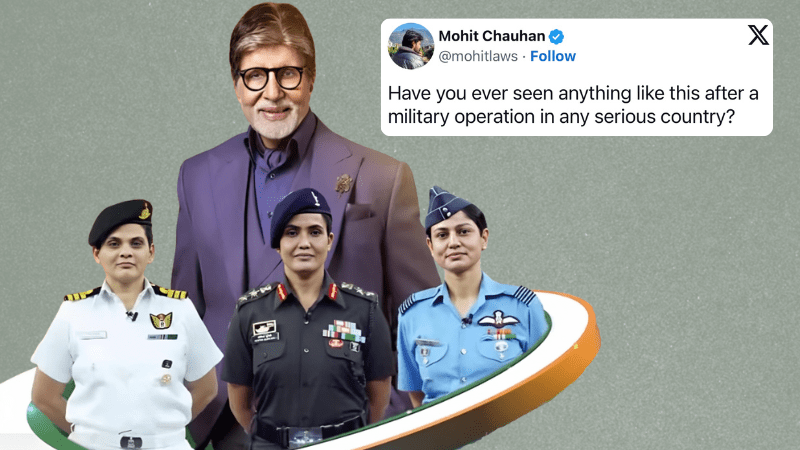

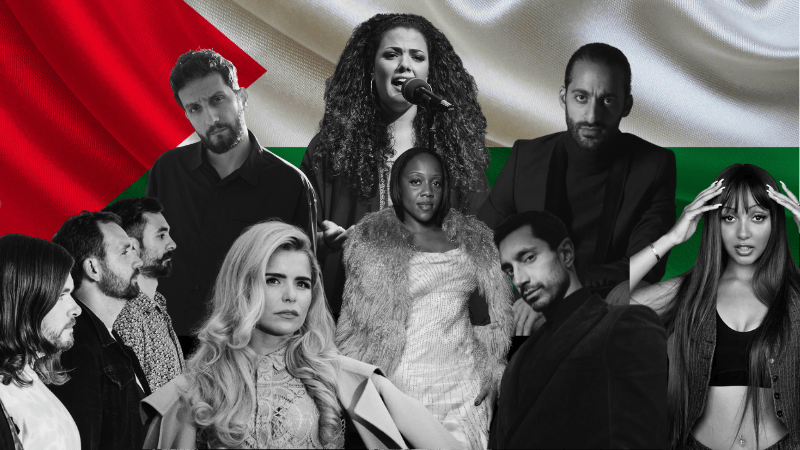
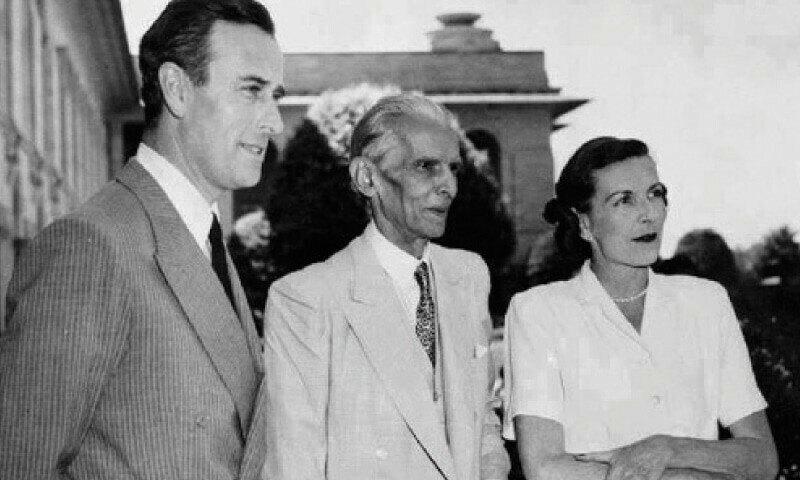

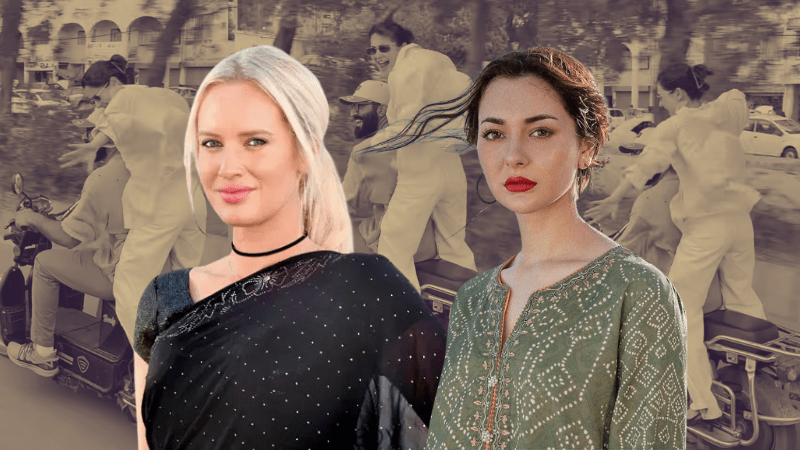


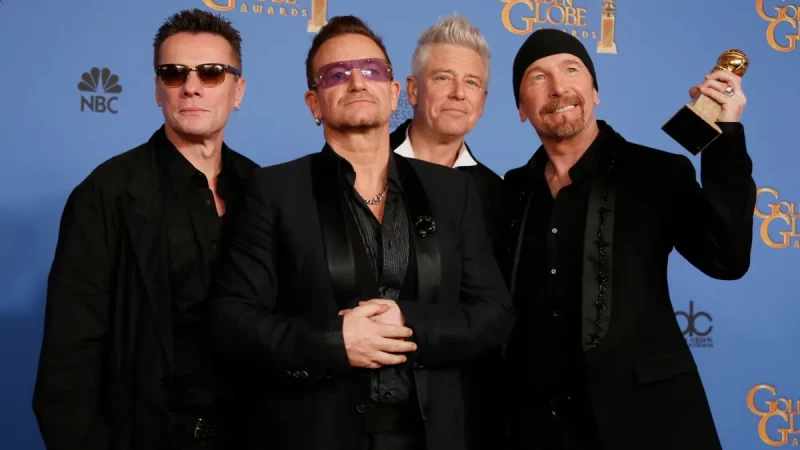
Comments